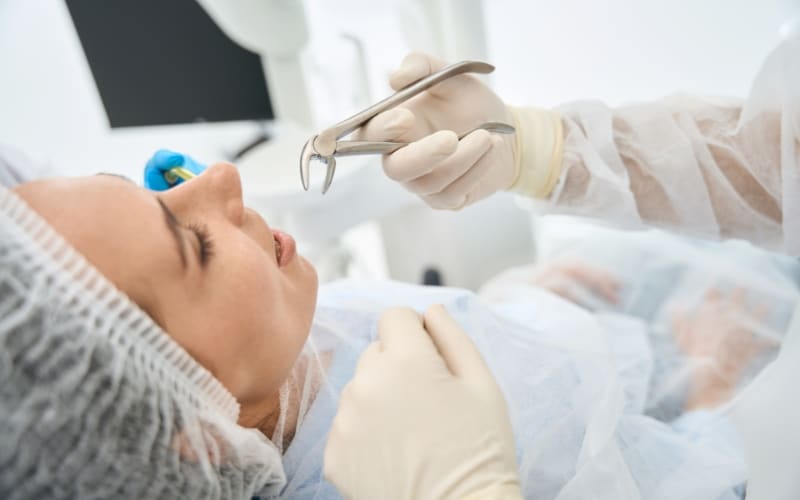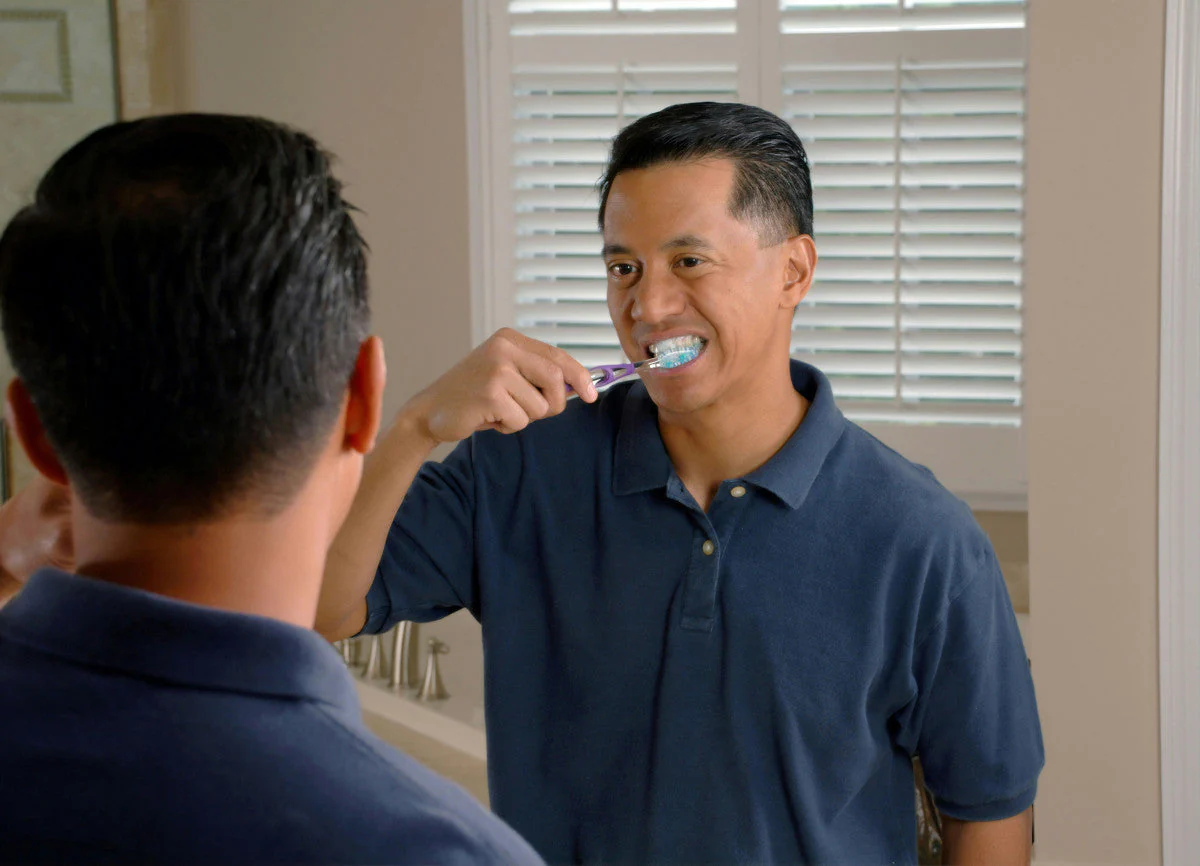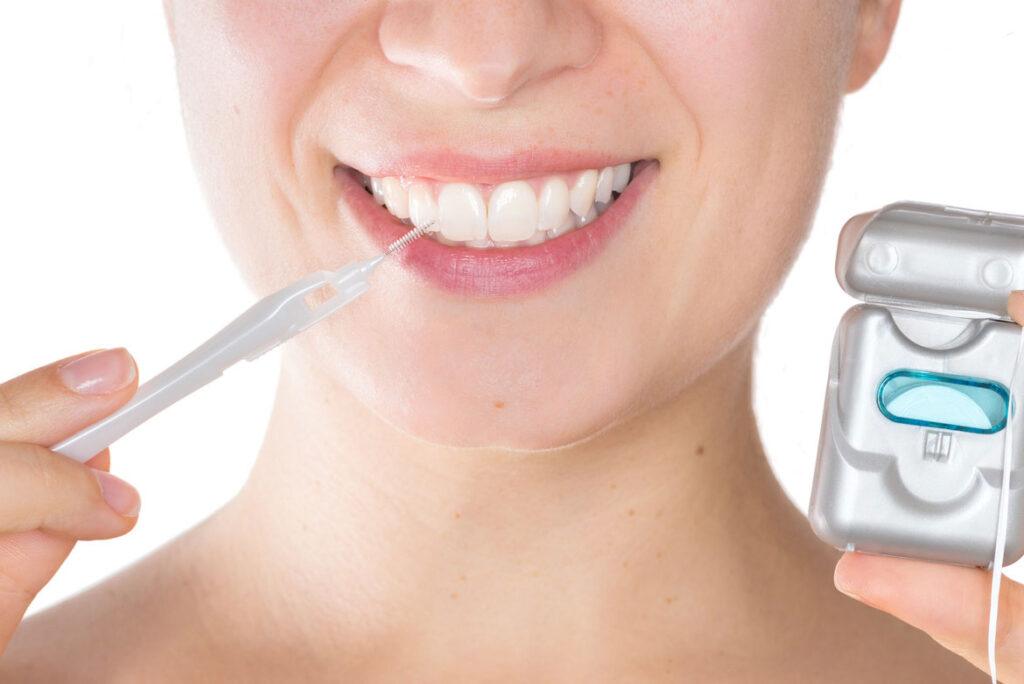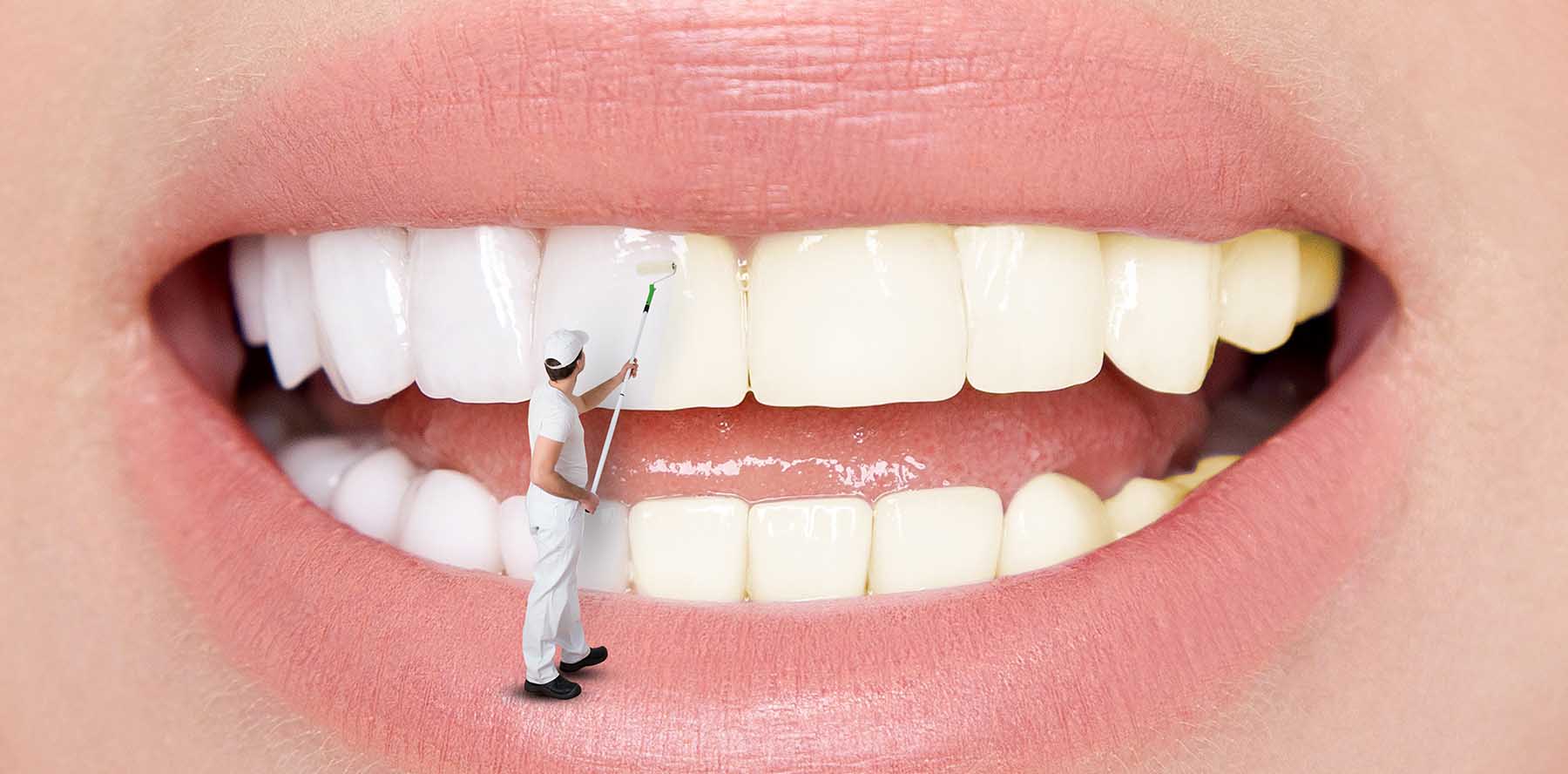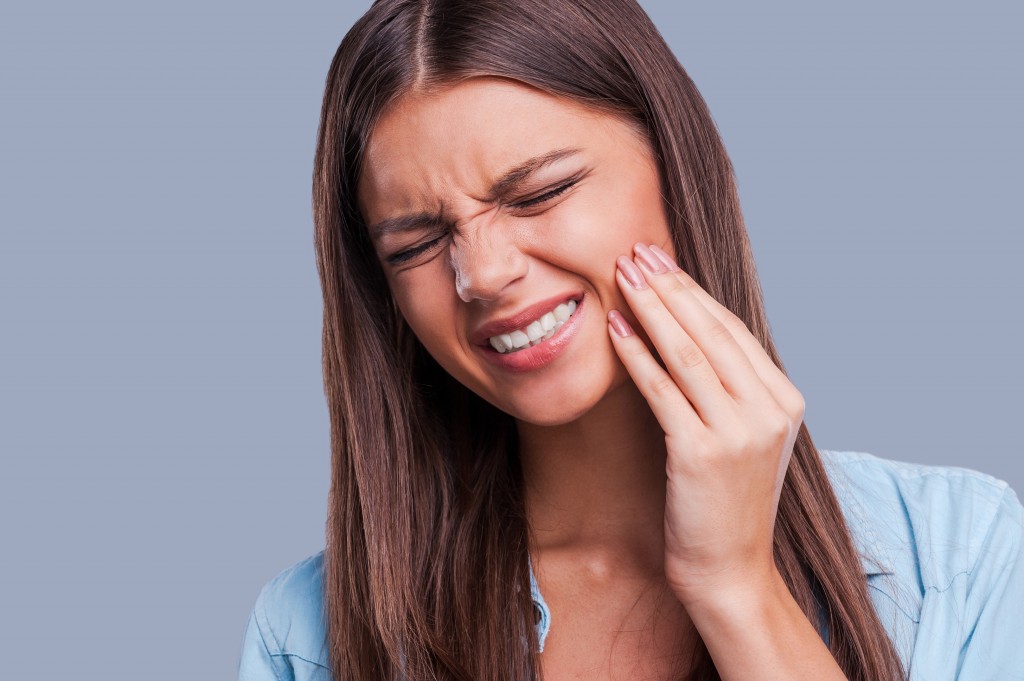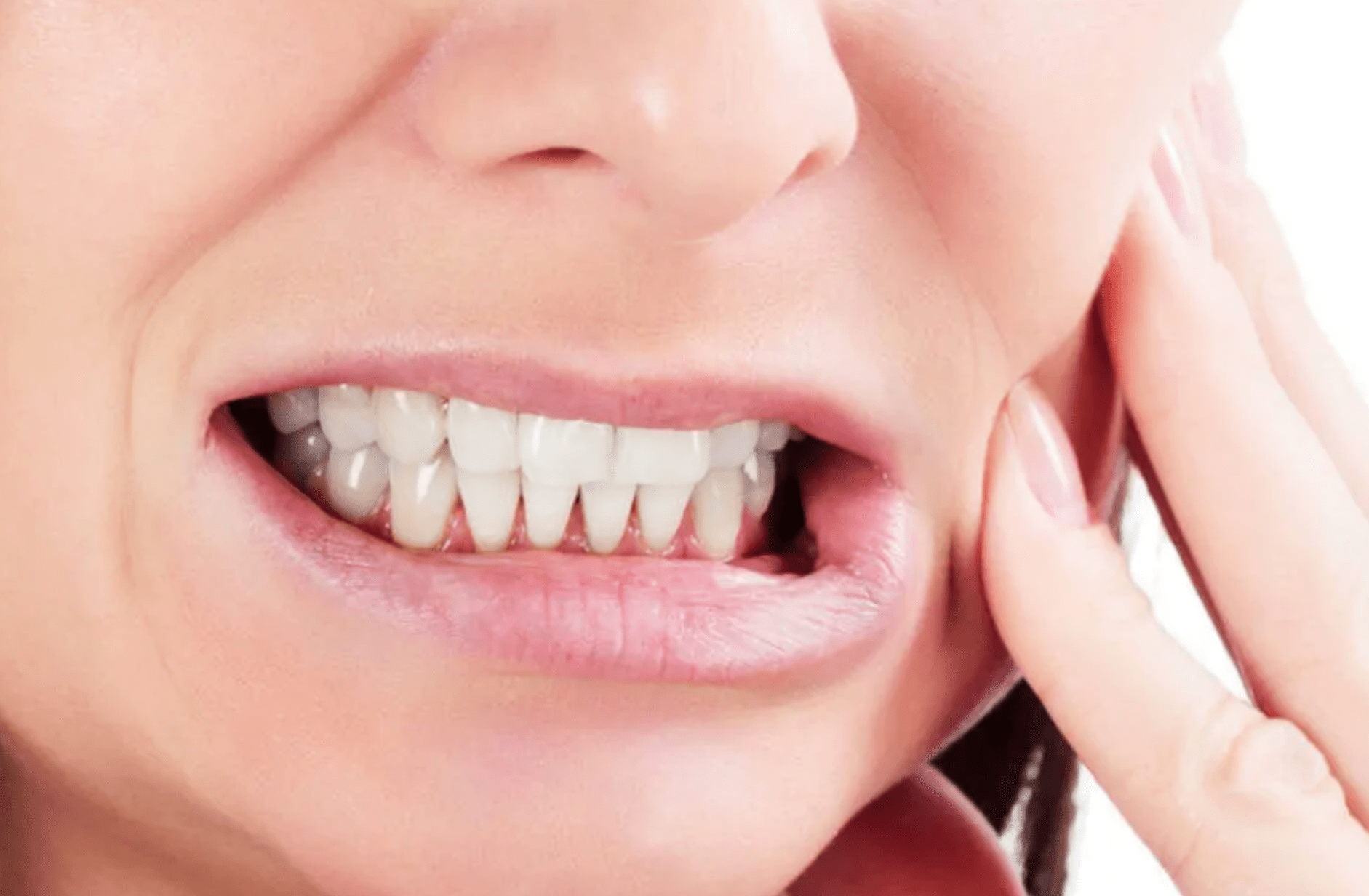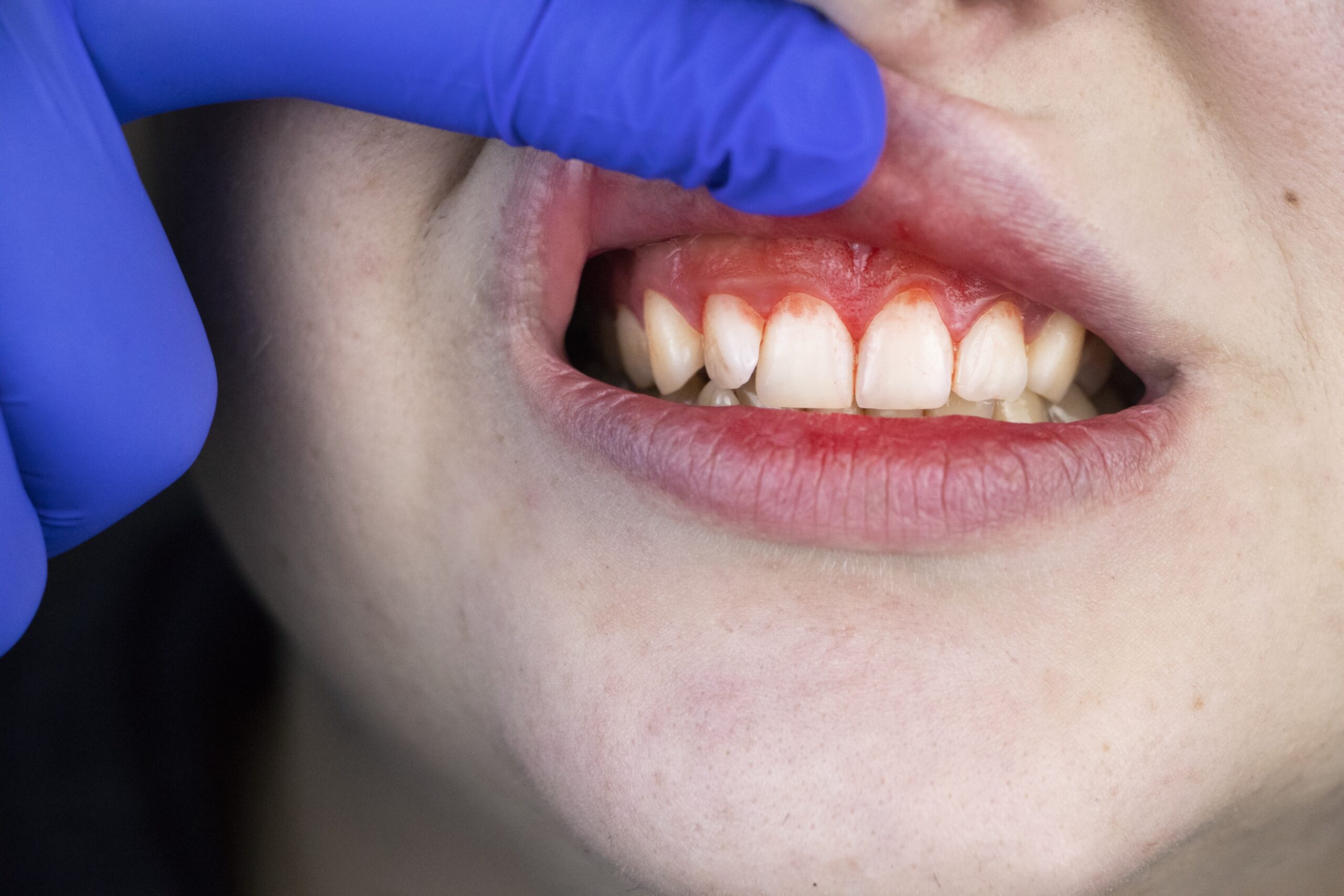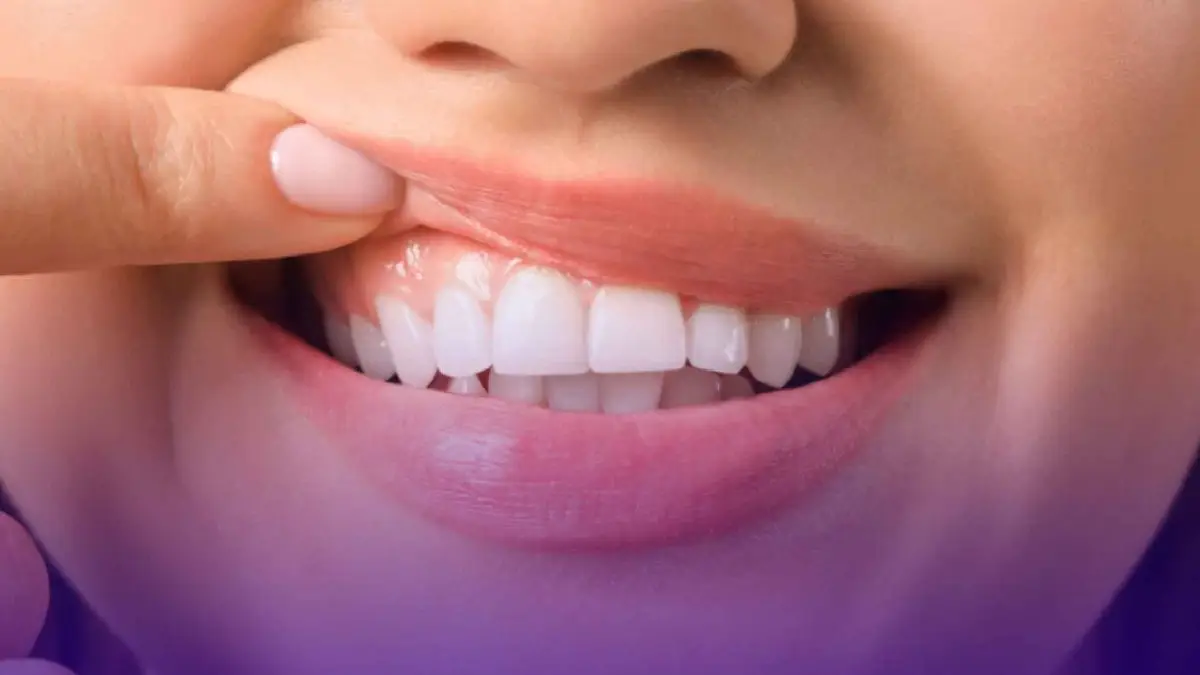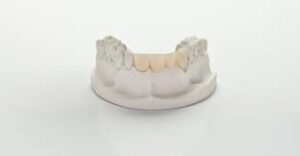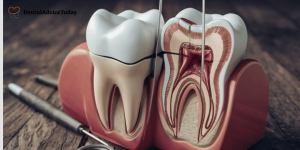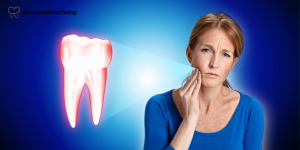Are you experiencing some unusual pressure in the back of your mouth? You might observe the initial symptoms of wisdom teeth appearing. Initially, you can experience light pain or swelling which gradually becomes serious. Your gums are red and tender to the touch.
These changes will leave you even more uncomfortable, so you should take note of them. Being aware of these signs at an early age will allow you to take better care of your mouth. We will know what happens in reality when your wisdom teeth begin to grow in.
What are the Top 10 Signs of Wisdom Teeth Erupting?
When your wisdom teeth begin growing, you may be confused. The initial symptoms are frequently confusing since the pain or swelling seems like a usual gum disease. You are supposed to know that these teeth have the power to bring changes in your mouth gradually. You can experience pain during eating or brushing.
The gums around the back can either appear red or tender. These are the initial indications of something new. It is important to know the symptoms of the third molars in order to act early. It is easy to control pain and take care of your mouth when you know what to expect.
1. Gum Tenderness
The first sign is that, when your wisdom teeth start to break through, you may experience tenderness of the gum. This occurs when your gums are acclimatized to the pressure. This feeling should not be neglected since it tends to become more severe over time. The space around your back molars can be sensitive to eating or brushing.
To relieve the discomfort, you can use ice or warm salty water. Among the most frequent symptoms of third molars is tenderness of the gum which can be prevented in the early stage, and this will save you a lot of trouble in the future. Cleaning your mouth is a natural way of reducing pain and swelling.
2. Swelling
When your wisdom teeth begin to form, you might experience swelling at the back of your mouth. The gums may appear bulgy and tender. This swelling can extend to your cheeks and jaw region without treatment. You are supposed to drink more water and steer clear of hot or spicy foods that may aggravate it. The swelling occurs when your gums are sensitive to pressure caused by the enlarging teeth. Being aware of this as one of the initial symptoms of the presence of third molars will keep you alert. It can be easily controlled through maintaining good oral care and the administration of mild home remedies.
3. Mild Pain or Discomfort
Before your wisdom teeth develop completely, you experience some mild pain or discomfort. This suffering can be intermittent and not always easy to detect initially. It should not be neglected, especially in cases when the pain is increasing during chewing. This is among the most observable indicators of third molars and it indicates that the teeth are gradually shifting in the upward direction. You may take some mild painkillers and rinse your mouth with salt water to alleviate pain.
4. Redness or Inflammation
When your wisdom teeth start coming through, your gums can turn red or appear to be mildly inflamed. It occurs due to the reaction of your gums to pressure. In the affected part, you can experience a warm or itchy feeling. This should be checked every day to avoid any infection.
The inflammation of that area or redness is one of the most common symptoms of the third molars and it indicates that your body is coping with the change. Rinsing with some mild salt water and brushing will help alleviate the irritation. These rudimentary measures assist in decreasing swelling and make your mouth feel good on a daily basis.
5. Light-Colored Spots
As your wisdom teeth start to emerge, you may see white spots on the back of your gums. These are the spots that can be seen first. You are not supposed to poke or touch them as this may lead to infection. The spots display the uppermost part of the tooth traumatizing your gums. This is among the signs of third molars at an early age and is normally an indication that they are moving into position.
It is possible to maintain the area by brushing and rinsing twice daily. Oral care is one of the methods that helps you to avoid pain and gum inflammation.
6. Jaw Stiffness or Soreness
You can experience stiffness or soreness of the jaw, particularly in the morning or after eating hard food. This may cause some slight pain in the movement of your jaw. It is important to observe whether the pain remains on one side or both. This is due to the fact that these teeth cause friction on the surrounding tissues. This is one of the distinct indications of the wisdom teeth erupting.
To relieve tightness, you can massage your jaw or place a warm compress. In the meantime, try eating soft food until it becomes better. You can also avoid more severe pain by paying attention to early stiffness and keeping your mouth relaxed by avoiding chewing.
7. Headaches or Ear Pain
When these teeth begin to develop, you might not necessarily have a headache or feel pain in your ears but this is really common. You might experience pain in your jaw up to your head. You may experience pressure at the back of your ears or temples. This pressure is usually aggravated upon biting or chewing. This is because the nerves that are located in your jaw relate closely to your head.
To relieve the pressure and feel comfortable again, you can take some mild painkillers, rest your jaw and keep yourself hydrated.
8. Bad Breath or Unpleasant Taste
When your wisdom teeth come through, you might notice a bad taste or foul odor in your mouth. This occurs as a result of food or bacteria being trapped around them. Brush carefully around the back of the mouth, and rinse with mouthwash regularly. The flavor can be metallic or bitter particularly in the morning.
These signs of third molars are usually ignored and they indicate to you that bacteria are accumulating around the area. To clean it naturally, rinse it with saltwater. It is important to maintain a clean mouth and keep yourself hygienic in order to prevent any infections and feel better on a daily basis.
9. Difficulty Opening the Mouth Fully
When your wisdom teeth begin to grow, it may be more difficult to open your mouth completely. The tightness occurs due to swelling at the back. You are not supposed to open your jaw hard since it will hurt you more. Your eating and speaking may also be impacted by this problem.
Having a hard time opening your mouth completely may be one of the typical symptoms of third molars, particularly around the time of eruption. Slow jaw stretches can also be practiced or a warm compress can be used to relax the muscles. Attempt to eat soft foods and be light in movement until the stiffness is relieved and the pain disappears.
10. Pressure or Crowding of Nearby Teeth
As your wisdom teeth start to develop, you might experience a pinching or a pulling sensation around your existing teeth. This may cause a feeling of misalignment of your teeth. The fact that the feeling of brushing or chewing is not the same as usual. It is among the obvious signs of third molars which might result in crowding in the future. You may visit your dentist early to verify alignment and avoid further shifting. Monitoring this change will allow you to preserve your smile and ensure proper distance between teeth.
Tips to Relieve Wisdom Tooth Discomfort
When your wisdom teeth come in you may experience pain or pressure; however, there are easy remedies that you can perform to make you feel better in no time.
- To soothe your cheek and desensitize the gums, you can apply ice to your cheek.
- Soft foods, such as soup or yogurt, should be taken to prevent pressure on the painful spots.
- Gently brush around the wisdom teeth to dislodge food particles.
- After consulting your dentist, you can take mild pain relief medicine.
- To ensure your mouth remains clean and fresh, you are supposed to drink more water.
- You should also not take sugary food which can further irritate your gums.
- In case the pain or swelling persists for more than a few days, you should visit your dentist.
Conclusion
When wisdom teeth begin to develop, you need to always observe any slight change in your mouth. Early care will help you prevent unnecessary pain and swelling. Discomfort can be easily managed with easy home remedies and frequent check ups. Keep your gums clean and moist on a daily basis.
Early visits to your dentist will save you a lot of trouble in the future. You can save your smile by learning the symptoms and acting instantly. Keep in mind that you should not panic. By appropriate treatment and consideration, you can manage the pain of wisdom tooth removal without complications and save yourself through the whole procedure.
Frequently Asked Questions
What is the duration of wisdom tooth pain?
The pain of the wisdom teeth may last several days or even a few weeks. You need to sleep, take soft food, and clean your mouth daily. In case of a longer duration of pain, you are advised to visit your dentist. With the help of care, patience and soft oral hygiene habits, you can easily manage it.
What can I do to prevent swelling of the wisdom tooth?
Apply an ice pack to your cheeks a few times a day. You are advised to consume a lot of water and to stay away from spicy or hard food. These activities will help you manage the swelling and heal your gums without using drugs every day.
How can you determine the right timing for a wisdom teeth dental check-up?
When the pain, swelling, or redness worsens, you should visit your dentist. You may also plan a visit in case of a chewing discomfort condition. Frequency checkups will assist you in knowing whether extraction should be made or not. Early treatment prevents infections, maintains your gums healthy and spares you unwanted dental complications.
Can third molars cause bad breath?
Yes, they can. Food particles can become lodged between partly erupted teeth. This is why you need to brush and rinse frequently to keep your mouth clean. Mouthwash can also be taken twice a day to lessen bacteria. This should be done on a daily basis to eliminate odor and it will make your breath feel fresher.
What should I eat to minimize pain from my wisdom teeth?
Soft foods such as mashed potatoes, yogurt, and soups should be eaten. Smoothies and fruit juices are also good sources of additional nutrients that you can take. Do not eat crunchy or spicy food that irritates your gums. You must chew slowly and tenderly. Eating smart assists you in healing, as well as maintaining pain under control.
